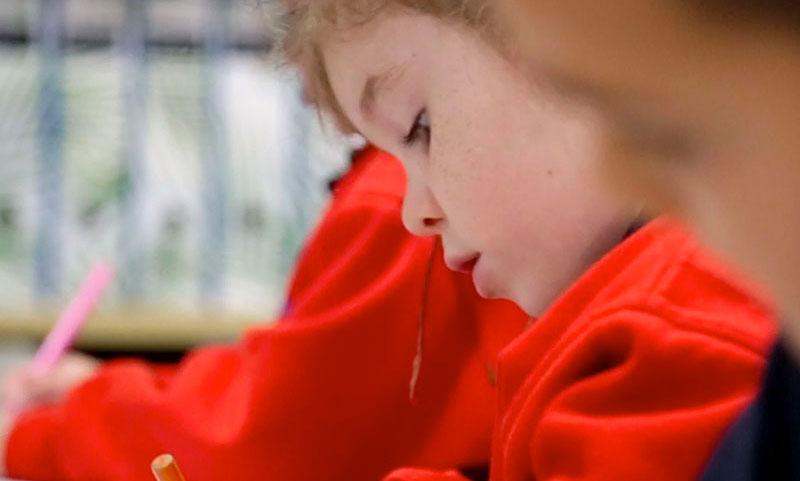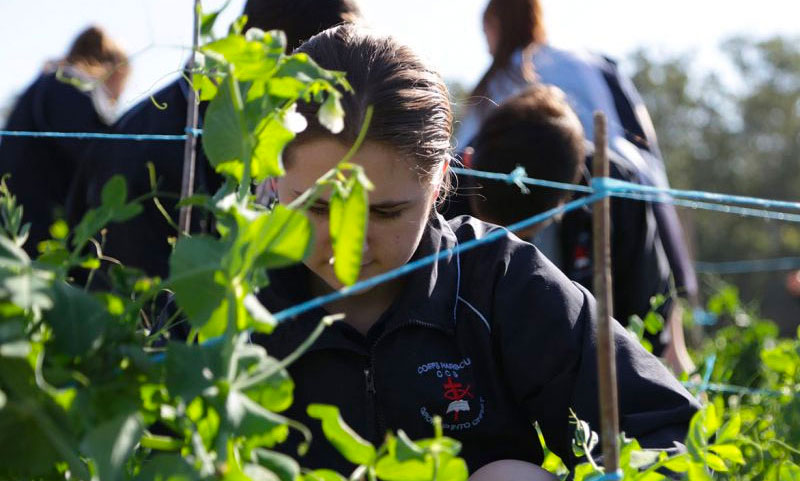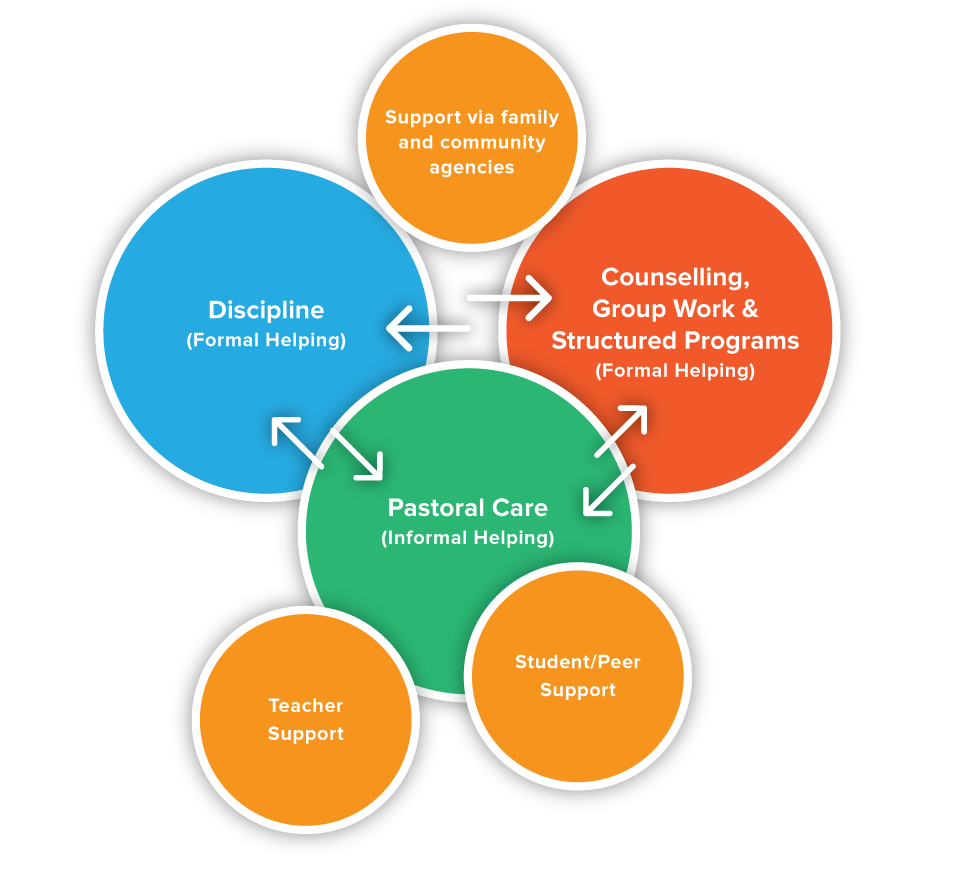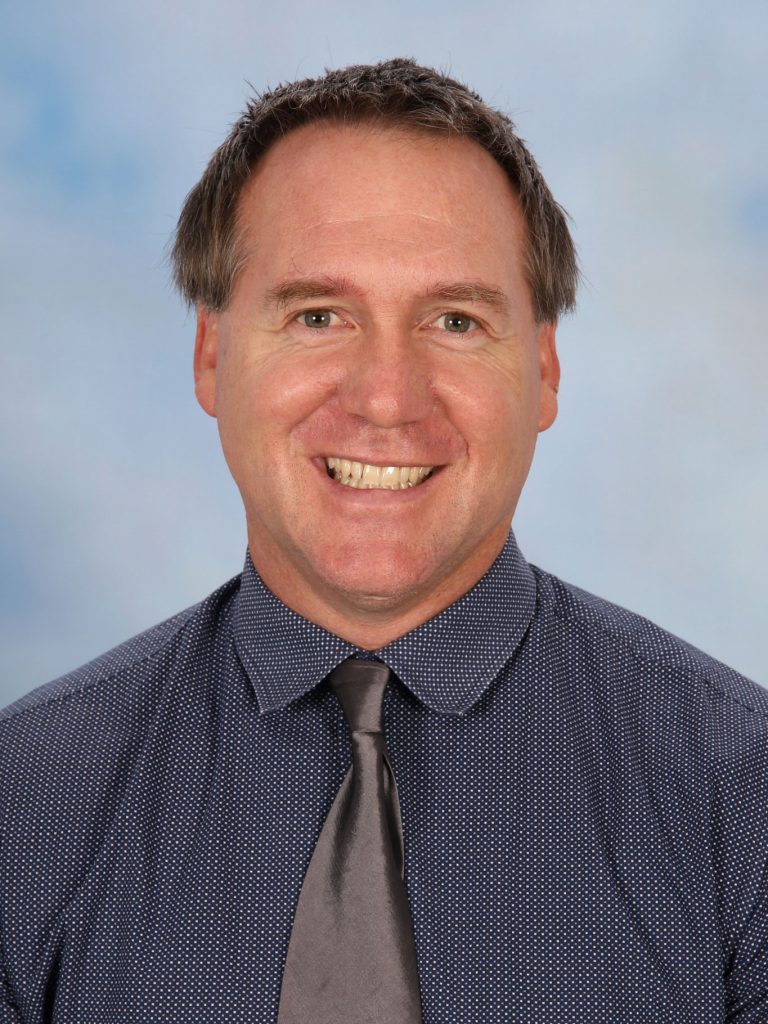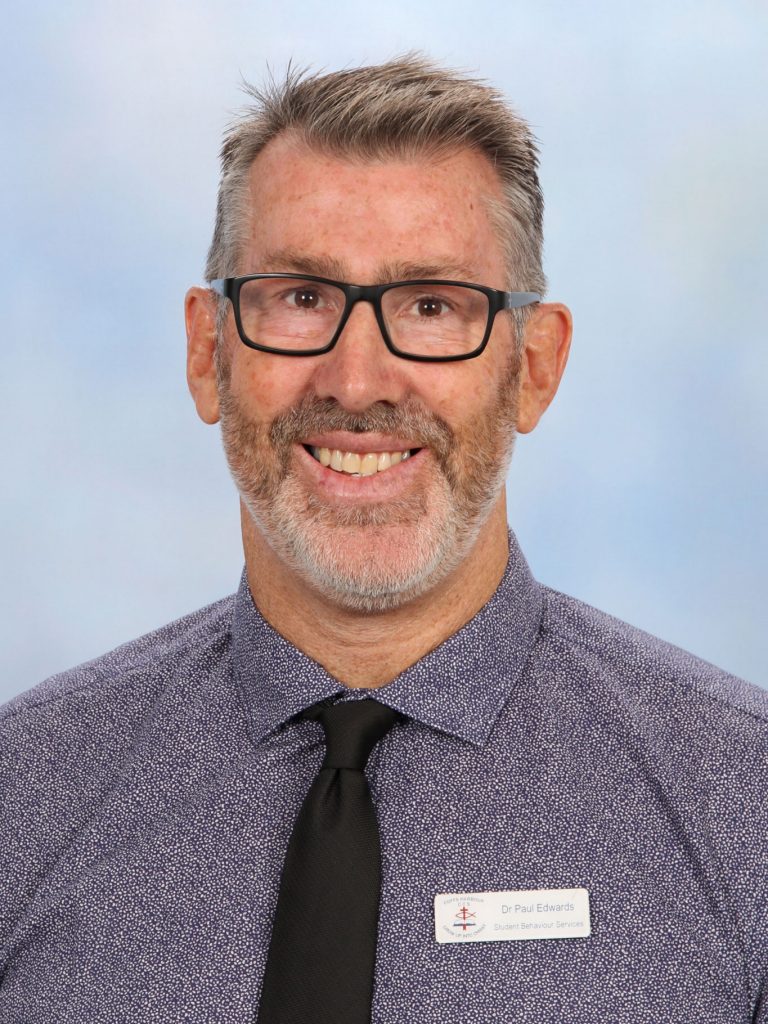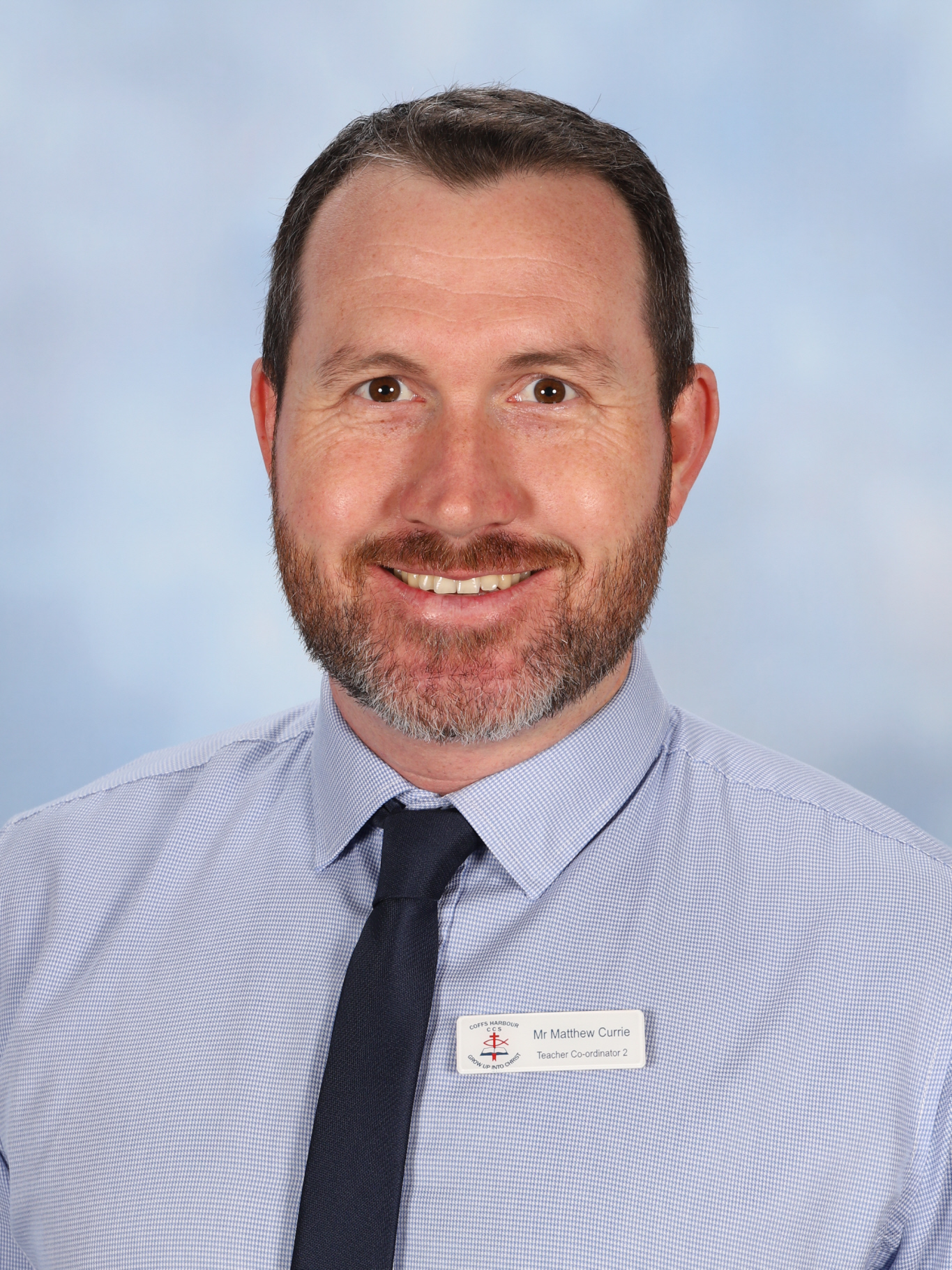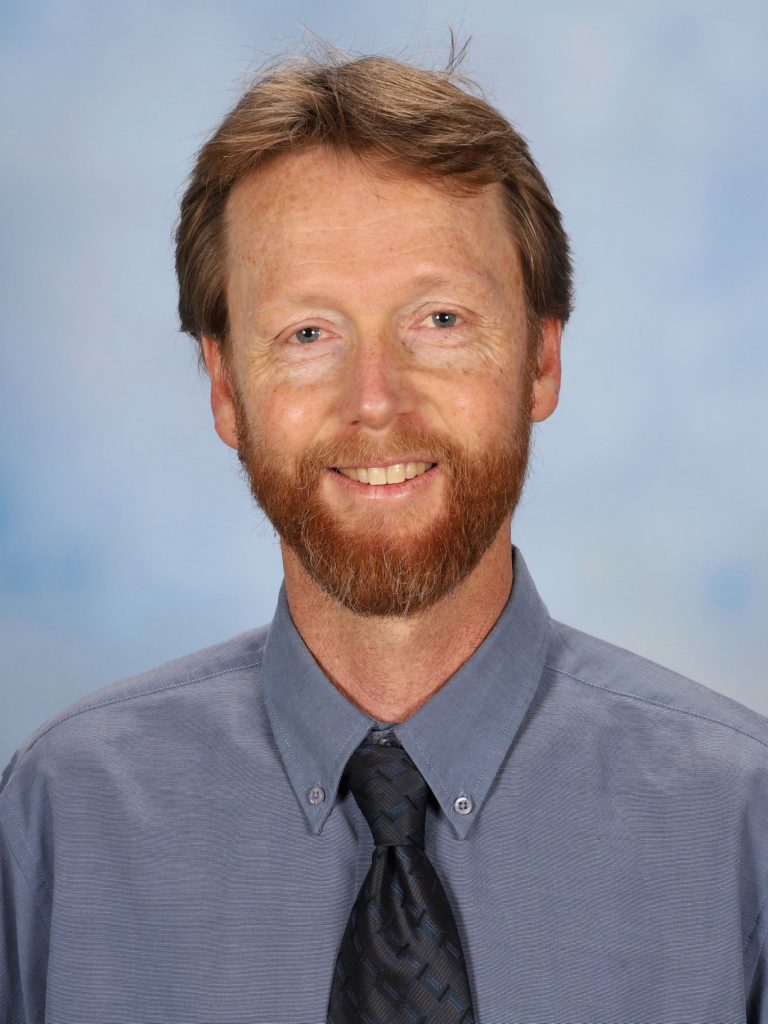Our school welcomes and cares for students from all backgrounds.
One of the essential elements of Christian education is the pastoral care of its students. Every student has the right to be acknowledged as significant and special knowing that their specific talents are noticed and matter. Our approach to pastoral care is based on a deep respect for the dignity and uniqueness of the individual person as we are all made in the image of God (Genesis 1:27). As a school we are concerned with the total wellbeing of our students and therefore the wellbeing programs aim to complement the wider philosophy and practices of the school that promote an atmosphere of learning, growth and development.
The National Safe Schools Framework (2011) states that “in a safe and supportive school, the risk from all types of harm is minimised, diversity is valued and all members of the school community feel respected and included and can be confident that they will receive support in the face of any threats to their safety or wellbeing” (2011, p. 4). As a team committed to student welfare we support the National Safe Schools Framework (2011) in regards to:
- Encouraging a supportive and connected school culture,
- Assisting in positive behaviour management,
- Offering a focus on student wellbeing and student ownership,
- Offering early intervention and targeted support for students.
Student wellbeing incorporates collaboration with families and at times will require referral to relevant community support organisations (church youth groups, mental health services, Headspace, kids helpline, legal aid, department of housing, general practitioner, private counsellors, etc.).
Families are an integral component of positive change in student lives and will be increasingly engaged in order to explore solutions for the range of educational, disciplinary, mental health and general wellbeing issues. In line with the Nationally Consistent Collection of Data for School Students with Disability this process is aligned to current best practice models.

